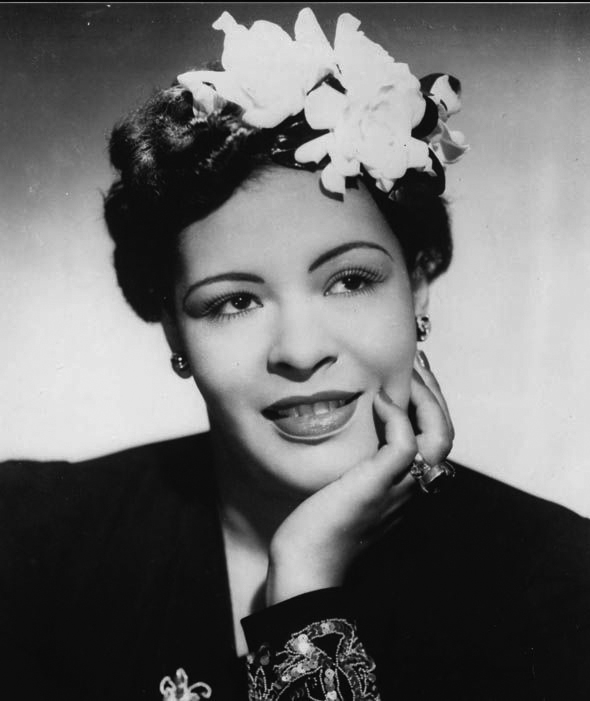Lady Day
September 1, 2021
Eleanora Fagan was born on April 7th, 1915 in Philadelphia Pennsylvania. She was born to an African American unwed couple, Sarah Julia Fagan and Clarence Halliday. Professionally she went by Billie Holiday, but was nicknamed Lady Day by her friend and music partner Lester Young. She was a black woman who became famous for her Protest song “Strange Fruit” and for Black Lives Matter. However, a specific act that happened a lot in the 1930s, which goes way back before the beginning of time, affected her reputation. This issue had to do with lynching (a mob hanging someone for an alleged offense with or without a legal trial). Billie was a very problematic person because she used drugs, smoke, drank and has a record. She was arrested a couple of times throughout her lifetime due to drug possession and other various issues. The government did this to silence her and shut her up from exposing the truth involving their mistreatment of black people.
Billie’s vocal style was very unique. It was inspired by jazz instrumentalists and was a new way for manipulating phases and tempos. She was also known for her vocal delivery and improvisation. Her childhood was not excellent, but after that turbulence she began to sing at night clubs in Harlem. In 1935, she was signed to Brunswick after their producer, John Hammond, heard her sing. She collabed with Teddy Wilson on “What a little moonlight can do”. She had lots of mainstream success throughout the 1930s and 1940s with record labels like Columbia and Decca. By the late 1940s, she got into legal troubles and drug abuse. After her short prison sentence in the 1950s, she was even more successful. Her final album Lady Satin was released in 1950 before her death on July 17th, 1959. She was 44, and died of Cirrhosis.
Billie won four Grammys and was inducted into the Grammy Hall of Fame and the National Rhythm and Blues Hall of Fame. She was also inducted to the Rock and Roll Hall of Fame. Many films have been produced about her life, the most recent being The United Stats vs Billie Holliday (2021) (I can assure anyone interested – it is amazing). She was in the middle of recording for Columbia records in the late 1930s when she was introduced by “Strange Fruit,” which is a song based poem about lynching written by Abel Meeropol, who was a Jewish schoolteacher from the Bronx. The poem was used at teacher union meetings and eventually it was heard by Barney Jopheson, a prospector at Cafe Society, in an integrated nightclub in Greenwich Village who introduced it to Billie Holiday. To conclude, Billie Holiday was one of the most known jazz musicians in the world. People do not hear about her anymore. I did not know about her before I watched the movie and half of her documentary. We all should remember that there are a lot of unknown and forgotten black artists in the world. We should teach everyone about every race and ethnicity. Rest In Peace Lady Day.




